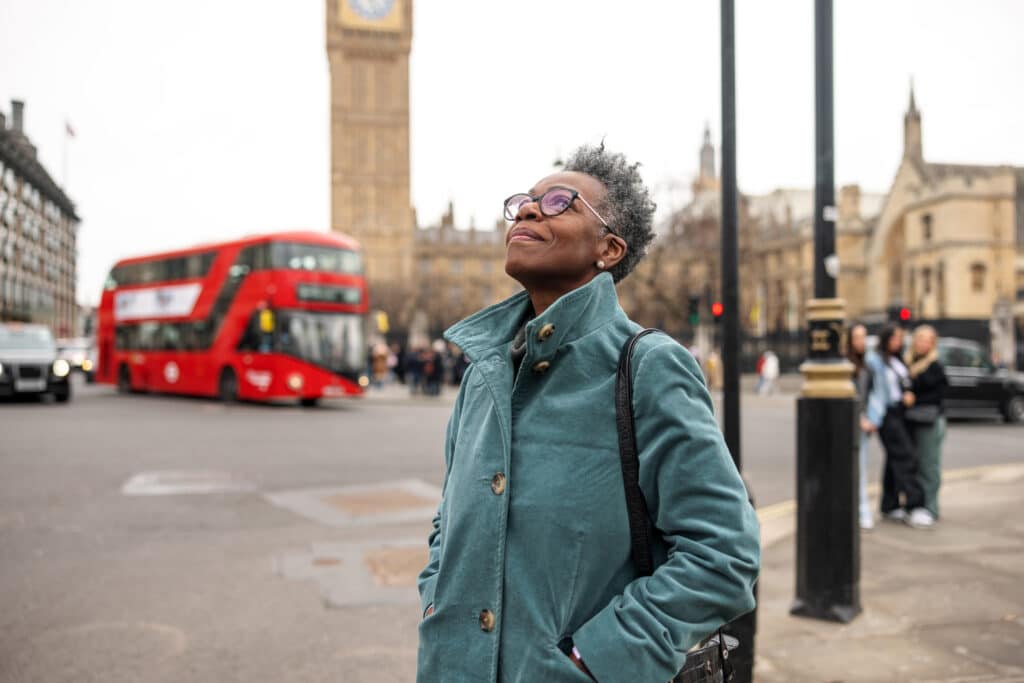When you’re going through hard things, friends or family can be a lifeline. Research suggests that having people to lean on makes us more resilient. In fact, people with strong relationships may be less likely to develop PTSD at all. And for those with symptoms, social ties can help with recovery.
Yet for many trauma survivors, it’s a catch-22. PTSD symptoms get in the way of trust, closeness, communication, and problem solving. PTSD can make people feel distant, tense, or worried in social settings. It can get in the way of intimacy.
All this can lead people with PTSD symptoms to act differently toward loved ones at the very moment that they need support the most. Here are some ways to nurture your relationships, even if PTSD symptoms make it hard:
Put in the time
Pick up the phone and call or text to check in. Make plans to go for a walk or get coffee. Decide how often you think you can make the effort, and then make a point to keep those connections alive. It may not be like it was before. But chances are the more you do it, the easier it will get.
Help someone
If you still can’t bring yourself to actually spend time with others, try showing someone you care from afar. Drop off some muffins, or mow a neighbor’s lawn. Send a card or an email.
Share how you’re feeling
It can be hard to open up. But sharing what’s going on in your life is how people relate to each other. And knowing why you may be acting differently lately can help loved ones know how to support you.
Get help dealing with your symptoms
If you’ve been dealing with PTSD symptoms for a month or more, there are proven treatments available. Freespira is one medication-free option that eased symptoms for 91% of patients.
See if Freespira is right for you. Take our online symptom assessment.



